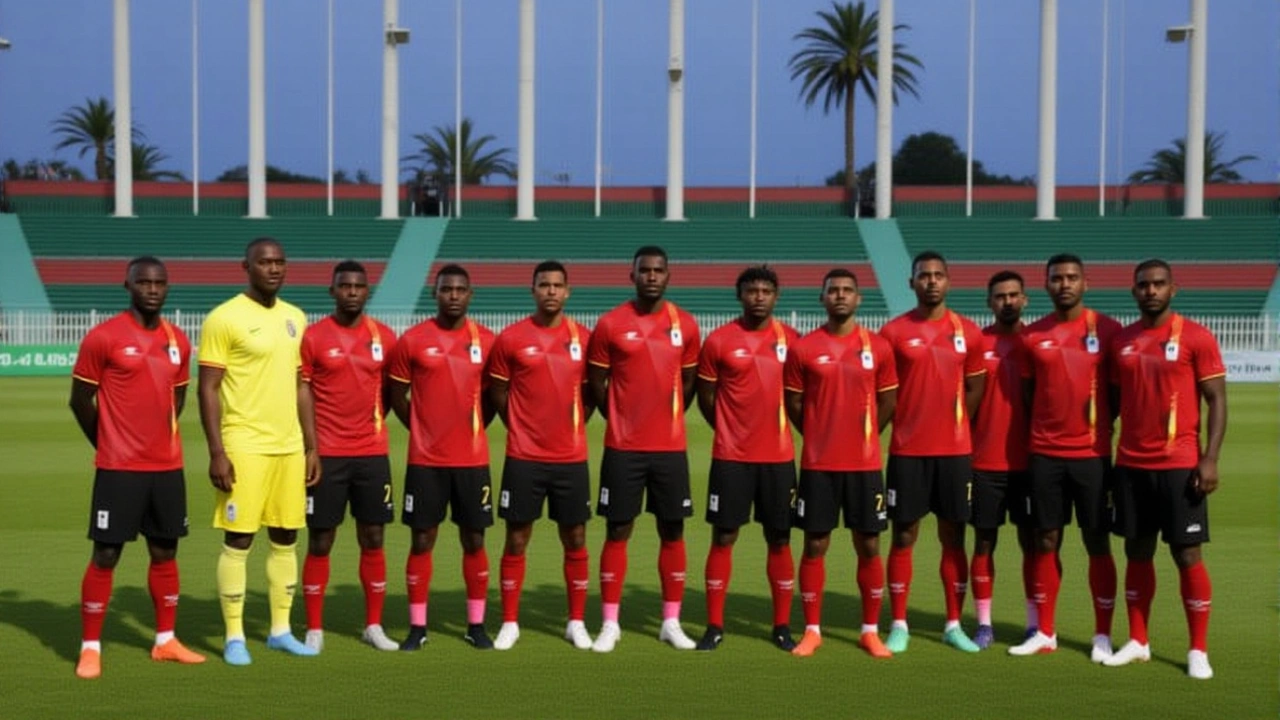Guinea – Latest Updates, Politics & Culture
When talking about Guinea, a West African nation celebrated for its vast bauxite reserves, lively music scene and complex political history. Also known as Republic of Guinea, it sits on the Atlantic coast, sharing borders with Senegal, Mali, Côte d'Ivoire, Liberia and Sierra Leone. This geographic spot makes it a gateway for regional trade and a focal point for West African diplomacy.
One of the biggest drivers of Bauxite mining, the extraction of the aluminum ore that fuels global industry is the mining sector. Over 70% of the country’s export earnings come from bauxite, and the industry directly shapes employment, infrastructure development and foreign investment flows. Because of this, strong regulatory frameworks are essential; without them, environmental degradation and revenue leakage can undermine growth.
The capital, Conakry, a bustling port city that hosts government ministries, cultural festivals and the main international airport, reflects the country’s mix of tradition and modernity. Visitors experience vibrant markets, the iconic Palais du Peuple and a coastline that supports both fishing and tourism. Yet Conakry also feels the pressure of rapid urbanisation, with housing shortages and traffic congestion becoming daily challenges.
Why Guinea Matters in West Africa
Guinea’s role in West Africa, a region of 16 countries linked by economic blocs and shared security concerns goes beyond raw materials. The nation participates in the Economic Community of West African States (ECOWAS), contributing to regional peace‑keeping missions and cross‑border trade initiatives. Political stability here influences everything from rice prices in neighboring Senegal to renewable energy projects in Mali.
Health and climate issues also intersect with the nation’s development path. Outbreaks of diseases like Ebola have prompted coordinated responses that improve surveillance across the Sahel, while the country’s tropical rainforest zones face deforestation pressures. Sustainable land‑use policies can protect biodiversity and support climate‑friendly agriculture, which in turn feeds local communities.
For anyone watching African politics, Guinea offers a vivid case study of how coup attempts, constitutional reforms and civil society activism shape governance. Recent election cycles have sparked debates about term limits, while youth movements push for greater transparency and job creation. These dynamics illustrate the broader narrative of democratic evolution across the continent.
Below you’ll find a curated collection of stories that dive deeper into these topics – from the latest political developments in Conakry to analysis of the bauxite market, health updates, cultural highlights and more. The articles give you a front‑row seat to the forces driving change in Guinea today.
Guinea Favored Over Uganda in March 25 World Cup Qualifier – Betting Preview
Uganda hosts Guinea on 25 Mar 2025 at Mandela National Stadium. Guinea enters as favorite; experts predict a narrow win, with both teams eyeing crucial World Cup qualification points.
